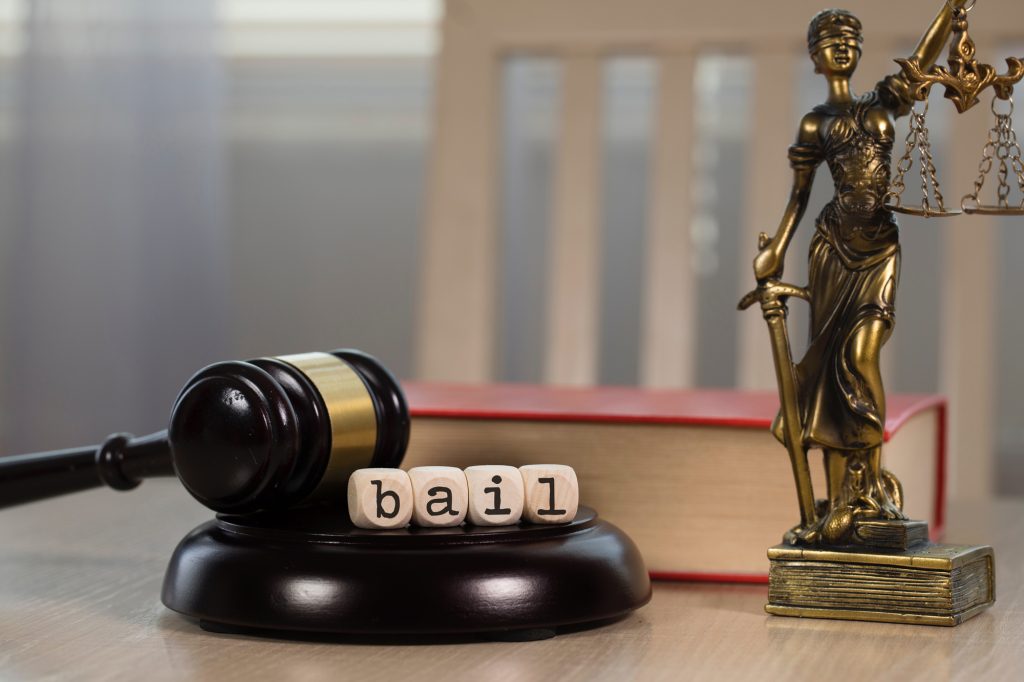Bail forms a crucial element in the justice system. It ensures that an individual doesn’t spend unnecessary time in detention while awaiting trial, even if accused.
Professional legal advice is vital when interacting with the justice system. Law firms such as Criminal Law Group AU provide essential guidance throughout. With their help, the procedure can be less stressful and more understandable.
Read on to better grasp the concept of bail, understand your rights, and learn how to navigate the legal process confidently and effectively.
Decoding The Bail Concept
Bail plays a central role when facing a legal situation post-arrest. Its essence is both simple and complex.
Here are the key facets of bail you should be aware of:
- Pre-trial release: Bail is a pre-trial release mechanism, keeping the accused out of custody while awaiting trial. This approach underscores the justice system’s principle that you’re innocent until proven guilty.
- Bail as an agreement: Bail is a pact between you and the court, assuring your appearance at all required proceedings. Upon fulfilling this, the bail amount is returned.
- Determining bail amount: The bail amount is determined by several factors, including crime severity, past records, and flight risk.
- Bail conditions: Bail isn’t absolute freedom. It carries certain conditions like restraining orders or mandatory law enforcement check-ins to ensure legal compliance.
Knowing the bail concept helps in preparing for your case’s possible outcomes. It aids in working effectively with your counsel, navigating complex procedures, and protecting your rights. This understanding forms the groundwork of your defense strategy, contributing to a less turbulent legal journey.
The Bail Application Process
Applying for bail can be daunting, but the path becomes less complicated when you know the steps involved.
Below are the key phases you’re likely to encounter:
- First court appearance: Immediately following your arrest, you’ll appear before a court. During this initial hearing, the court might decide to grant, postpone, or refuse bail.
- Applying for bail: If you aren’t granted bail at your first court appearance, there’s still an opportunity to secure it. Your attorney can help you file a bail application, which, when thoughtfully crafted, can significantly improve your chances of being granted bail.
- Reassessing denied bail: A denial of your bail application isn’t the end of the road. There’s an option for a bail review, where a persuasive appeal can possibly shift the tide in your favor.
Familiarity with these stages assists you in traversing the legal landscape more confidently. This knowledge, along with your attorney’s expertise, can significantly bolster your chances of a positive outcome. Each phase is vital, calling for diligent preparation and attention to detail.
Your Rights During The Application
Awareness of your rights throughout the bail application process is fundamental. Knowing these rights is a step toward an effective defense.
Here are some key rights you hold during the process:
- Right to legal representation: One of the most critical rights is the right to legal representation. You can have a lawyer represent you at every stage, from preparing your bail application to advocating for you in court.
- Presumption of innocence: The presumption of innocence is a cornerstone of the justice system. Even when charged, you’re considered innocent until proven guilty, and this principle plays a role in the bail decision.
- Right to appeal: Should your bail application be denied, you have the right to appeal the decision. A successful appeal can change the outcome, potentially leading to bail being granted.
Understanding your rights is crucial for a successful bail application. With this knowledge, you can effectively engage with your lawyer and contribute to a more strategic defense. It’s worth remembering that these rights are there to protect you and ensure you’re treated fairly within the justice system.

Your Role In The Process
While professionals assist you throughout the bail application process, you also have a crucial part to play.
Below are key responsibilities that fall under your purview:
- Collaborate with your lawyer: Cooperation with your legal representative is critical. Providing them with all the necessary information and heeding their advice enhances your chances of securing bail and helps you better prepare for the courtroom.
- Comprehend the conditions: If granted bail, understanding the terms is vital. These conditions, such as regular check-ins with law enforcement, must be adhered to avoid potential revocation of your bail.
- Attend court hearings: Punctuality and presence at all court hearings is mandatory. Missing a hearing can result in bail revocation and additional charges.
By understanding and fulfilling your role, you can make the process smoother and increase the likelihood of a favorable outcome. Your proactive involvement in the process can significantly aid in securing your freedom while awaiting trial. It’s a team effort, and your role is vital to your case’s success.
Conclusion
Bail and bail applications constitute a critical aspect of the justice system, playing a pivotal role in pre-trial proceedings. Your understanding of this process, along with professional legal advice, can make navigating this complex procedure less overwhelming. Remember, you have rights within this process, and understanding these rights empowers you.














